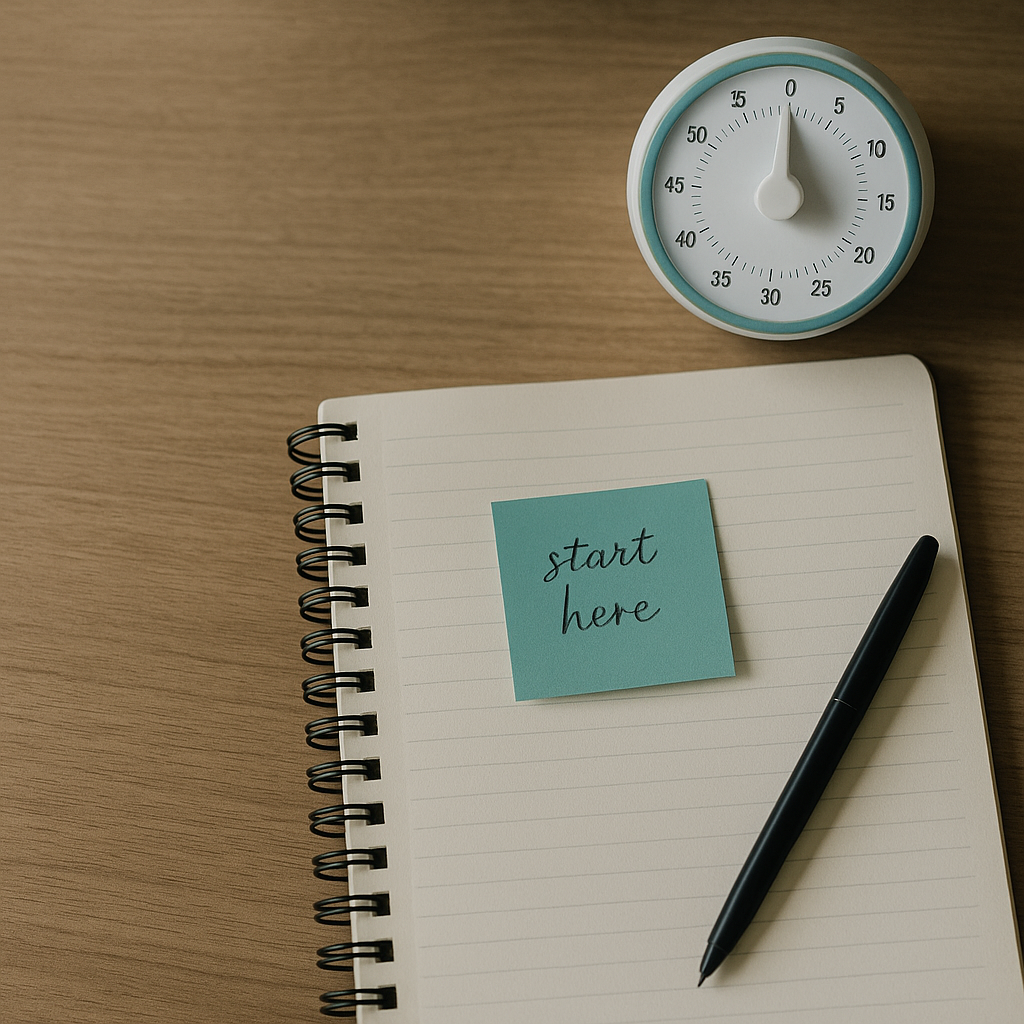

The Ripple Effect in Relationships
ADHD doesn’t only affect the person who has it — it impacts everyone around them.
Often there's a push-pull dynamic in relationships.
One person feels like they’re always trying to keep things together. The other feels like they’re always falling short.
- One partner taking on more responsibility and feeling resentful
- Emotional reactions that escalate quickly or feel out of proportion
- Misunderstandings that turn into shutdown or conflict
- A shared sense of disconnection, even with love still present
These aren’t character flaws. They’re ripple effects from a brain that struggles with memory, time, and regulation - and with the right understanding, they can shift.

Ready to understand each other differently?
Book a Support Session"When we recognize how ADHD shapes self-esteem, we begin to see how it also shapes the patterns in our relationship. Many partners find themselves stuck in cycles of frustration, misunderstanding, or emotional distance — even when love is present."

Plans or promises
slipping through the cracks.
Forgotten appointments, misplaced items, or missed responsibilities can feel personal, but often stem from challenges with memory and focus.

Emotional ups and downs.
Your partner may experience sudden emotional reactions or seem easily overwhelmed. ADHD often intensifies emotional sensitivity and impulsivity.

Feeling like the
“organizer” or “parent.”
Many partners take on more planning and responsibility, which can lead to resentment or feeling like you’re
“carrying the mental load.”

Avoidance and procrastination.
Tasks, especially emotionally charged or mundane ones, might be delayed — not from laziness, but because of executive function challenges or avoidance of shame.

Communication challenges.
Conversations might derail into defensiveness or withdrawal,
leaving both of you feeling
unheard or disconnected.
